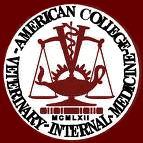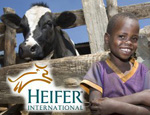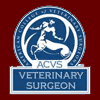


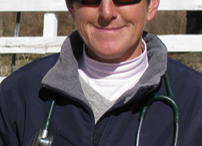
NUTRITION & DENTAL HEALTH
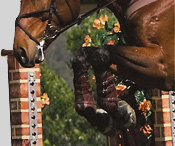
Many of you have asked me “how do the Mustangs survive without dental work?” Here’s the answer: they chew more. The equine tooth evolved some 25 million years ago in response to changes in the earth’s vegetation. Available forage went from soft leaves to tough, fibrous grasses. In order to adequately break down this material, the horse developed hypsodont teeth, which erupt continuously throughout life. Each tooth is worn down by rubbing against an opposing tooth, creating an ever changing biting surface with ongoing wear of these surfaces determined by the horse’s diet and chew cycle.
Three factors contribute to wear of the horse’s teeth: the interaction between the two biting surfaces, the time spent chewing and the nature of the material being chewed. Research has shown that horses at pasture chew more and with more lateral (side to side) motion than horses fed a mixed hay/grain diet. Specifically, horses eating hay chew 58-66 times per minute vs. horses at pasture which chew 100-105 times per minute! In addition, horses eating a strictly forage (hay) diet require 16 hours to chew their daily nutritional needs while horses on high concentrate with some hay diets require only 6.1 hours to consume their daily feed requirement.
So our performance horses chew slower, for less time, and less effectively than their mustang counterparts. Therefore, they don’t do a good job of floating their own teeth, and small dental abnormalities that would self-correct on a tough fibrous grass diet (mustangs) become serious dental issues without regular dental care in our horses living in confinement.
And that’s one reason why an annual dental examination is an important part of your horse’s preventive health care plan .
read more about equine dentition
www.highdesertequine.com/dentistry.html
PO BOX 60730
RENO NV 89506
EMERGENCY (775) 742-2823 OFFICE (775) 969-3495
FAX (775) 969-3923

